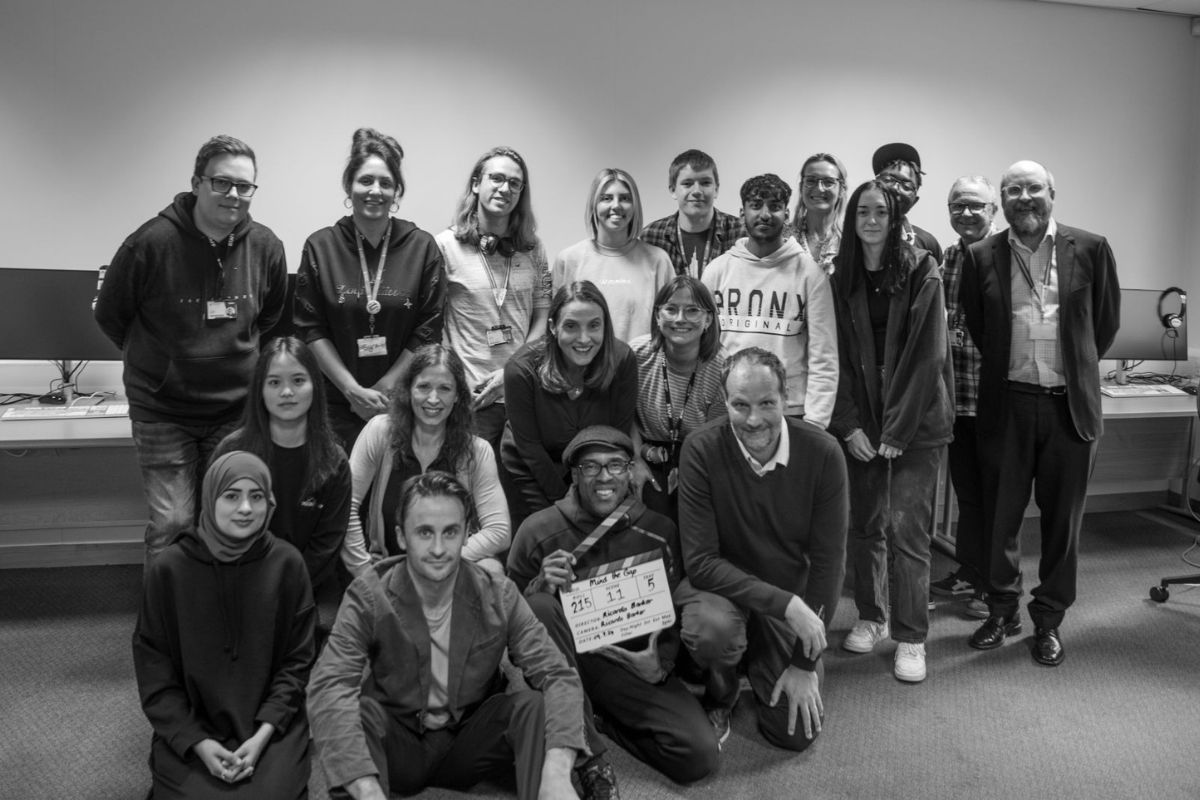Philosophy Bites, but are they Cordon Bleu?

Authors David Edmonds (Research Associate, Oxford University) and Nigel Warburton (Snr. Lecturer, OU) brought together 25 important philosophical conversations into their 230-page hardback Philosophy Bites – a taster aiming to provide readers with unexpected insights from international experts. The book divides into five sections: Ethics; Politics; Metaphysics and Mind; Aesthetics; and, finally, God, Atheism, and the Meaning of Life. Rather than bite off more than I could digest, this commentary takes an inexpert glance at only Metaphysics and Mind, though an opening section entitled ‘What Is Philosophy?’ deserves a minute. Answers to this question include thinking really hard about the most important questions, the successful love of thinking, how we perceive ourselves, finding meaning in the world, thought guided by principles of logic, concepts that reach through all the disciplines, thinking that is obsessed by clarity, conceptual engineering, and a way of searching for wisdom. No consensus here, though I may be not thinking hard enough (whatever that means) or pondering with insufficient clear logic to recognise elusive wisdom.
The third section discusses six topics with established writers in their fields. The six are Infinity; Scientific Realism; Scepticism; Time; Mind and Body; and Vagueness. Unfortunately, there isn’t an introduction to metaphysics, defined via a Collins Oxford Dictionary as a branch concerned with the first principles of things, including abstract concepts like knowing. But what of, say, ethics and politics, also abstract things expressed in language? Do the topics within Metaphysics and Mind somehow apply to these main branches of philosophy, or is their purpose broader in scope, to help make sense of real-world affairs even if we work outside scholarly pursuits? A page or two on metaphysical relationships would have been welcome.
Infinity. An eternity of darkness awaits all active Homo sapiens, hopefully not starting anywhere near the fast-approaching, most wonderful time of the year. Philosopher A W Moore (St Hugh’s College, Oxford) warns the mind-boggling topic Infinity, like most of us, resists being pinned down and – in contrast with the finite – lacks definition even though it has fascinated thinkers for over 2,500 years. Okay, but why does Infinity qualify as being a first principle, especially since all great thinkers apparently had something to say about it? Did the greats devise criteria for constructing first principles so they can be circulated as coherent and practical abstractions? Perhaps they didn’t. In the imaginary Hilbert’s Hotel, designed with infinite rooms, an unexpected traveller asks for accommodation. The receptionist must contact each guest to ask them to move to the next highest room number. But (given infinity) the employee would never finish this part of the philosophical fable, hence Room 1 would never be free for the unexpected rain-soaked traveller, so desperate for a warm room. What next – down the main road to a Holiday Inn?
Would aspects of Scientific Realism or Scepticism assist a study of Infinity, if not next week, well, eventually? Maybe not, since these two topics arrive with problems of their own, not just minor niggles but questions over whether the world really exists or hides ‘unobservables’ (like viruses and atoms) beyond our senses. Although nagging doubt (over non-trivial matters) is not to be downplayed, sceptics might support their academic discipline better if they steered away from hallucinations and dreaming into ‘overviews of how we relate to the world’. Jo doubts she is in the right job – so what next, take her knowledge elsewhere? Exactly how can Jo and her colleagues investigate their Monday to Friday relations? This type of question could be more important than tossing a coin (p123) as an example of the spinner not knowing whether it will land heads or tails.
Time, it feels scarce when in employment, and occasionally during retirement. Fortunately, the pages describing Hugh Mellor’s view (Faculty of Philosophy, University of Cambridge) on time provide a time-saving escape route for clock-watching readers. Asked whether the issues he’s introduced about time matter very much, he replies that he’s not sure they do. ‘They certainly don’t matter in practical terms, and I don’t think they matter much in scientific terms’ (p132). The authors (of Philosophy Bites) in their discussion with Tim Williamson (New College, Oxford) on Mind and Body warn of a longstanding philosophical argument about whether the mind is a mysterious entity separate from the physical brain – a quirky, context-savvy individuality somehow beyond biological mechanics and the rest of the animal kingdom? A final chapter on vagueness might have stirred interest by probing context in novel ways on behalf of readers. Unfortunately, the examples given were Sorites paradox over a heap of sand (when does it reduce to being less than a heap?) and hairs on Mr Blair’s head (when is he bald?), though the standard principles of logic still apply in a world whose language seems riddled with vagueness. And can everyday folk – welders, teachers, drivers, and accountants – often resolve vagueness via questions and answers drafted on the spot?
Now, admittedly this is a very short book covering several topics which have appeared in numerous texts and papers around the academic world: the authors may have already answered similar questions put forward by other readers. But I’d like to have found pages providing lucid explanations on how to relate philosophical themes to the real world. Yes, time, vagueness, scepticism, and daydreams might all pop up in some problematic form during one’s undergraduate years and subsequent career choices, whatever the organisation; so why is the orchestration of an orderly response – an investigation into such issues – missing from the menu? Chefs don’t just enthusiastically generate ideas, they work in kitchens, get their hands on ingredients, operate equipment, visit diners at tables, and listen carefully to customers’ responses.
By Neil Richardson, Kirkheaton











Responses